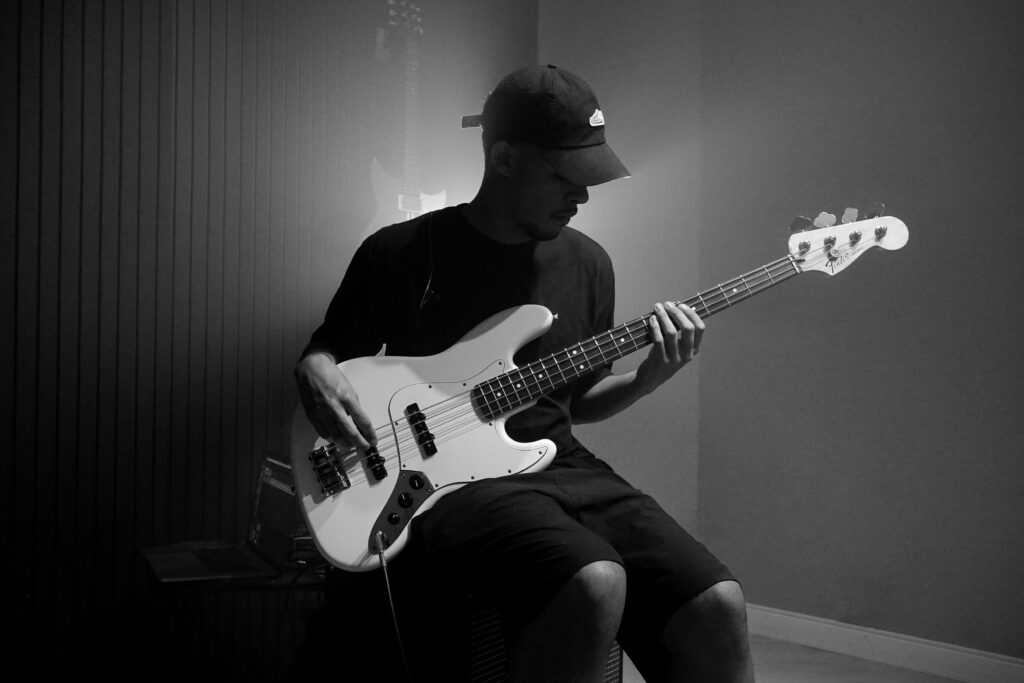The financial decisions you make in your 20s, build up your future. The initial phase of your career is more important than any other time in your life.
You might have recently graduated, started a new job, and are thinking about investing. That’s great! Investing in your 20s will give you a kickstart towards building financial portfolio. Whether you want to invest to buy your first home, go on a world tour, or plan your retirement, smart planning is a must!
Before you start investing, it is important to control your money. In this article, we will talk about the how to start saving to invest more.
Set Your Goals
Before investing, it is quite important to understand your financial goals. What do you want to do with the wealth you build up? Creating a framework and establishing a plan to meet is your key to the success.
When you are investing in stock or mutual funds, short-term plans don’t work. For example, if you have a goal of less than five-years, it’s better you keep the liquid cash in spite of investing in the market. Remember, you can never avoid the market volatility. It is always worthy to plan for long-term investments to avoid risks. Experts say you have to invest your fund for at least a span of fifteen years, if you want to feel the growth.
Put Aside Money For Investing
After you get paid, the first thing you need is to take out at least 20%-30% of your salary for investing. The earlier you put your money aside and invest, the more you resist the urge to spend on luxuries. It’s like you are paying yourself from your salary when you are investing a bit of it. Now, the amount of investment depends on your financial goals. You can invest in separate funds at a time. Or, you can also invest all your money in a single stock that has potential growth.
Keep Some Money For A Rainy Day
Apart from investing your money, you should also have some emergency funds ready to spend if needed. Unexpected expenses might happen regardless of your financial stability. In fact, allocating a bit of your income for a crisis makes you more confident about the uncertainties of life. If you are starting your emergency fund from zero, make sure to put aside at least 10% of your income in the initial months.
Track Your Expenses
Investing is not about depriving yourself of the kind of lifestyle you want. But it is about making smart expenses. Track your expenses carefully by breaking it into different categories. Keep a record of your monthly groceries, rent, utilities, and restaurants. Try to have homemade food rather than eating outside, try to cut down on your television bills. You can install OTT platforms to watch your favorite shows or movies.
Conclusion
Start making the small changes in your 20s. The smart decisions you make in your initial years will benefit you more in the long run. Try not to focus on instant gratifications and set the tome for the ultimate financial growth.










